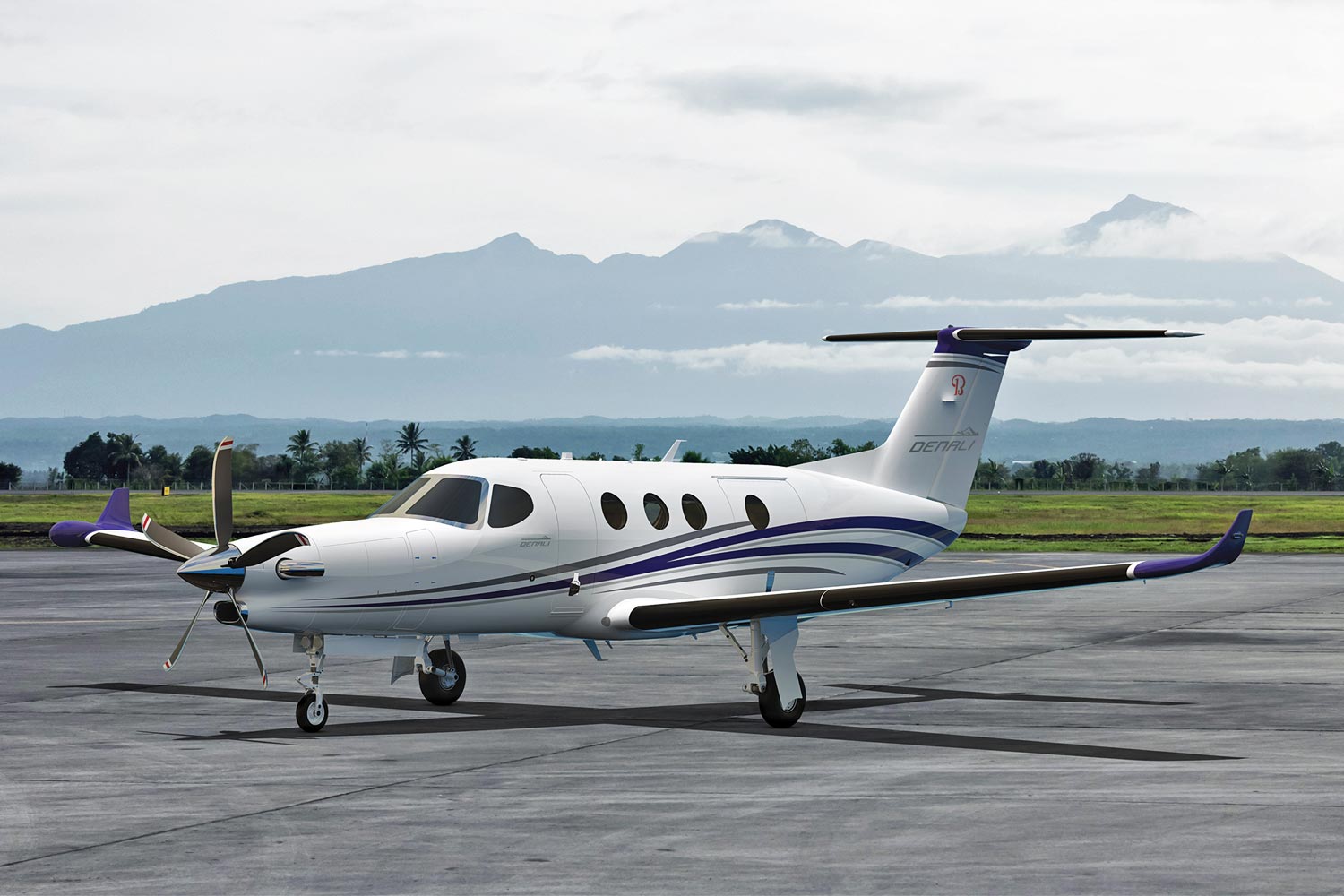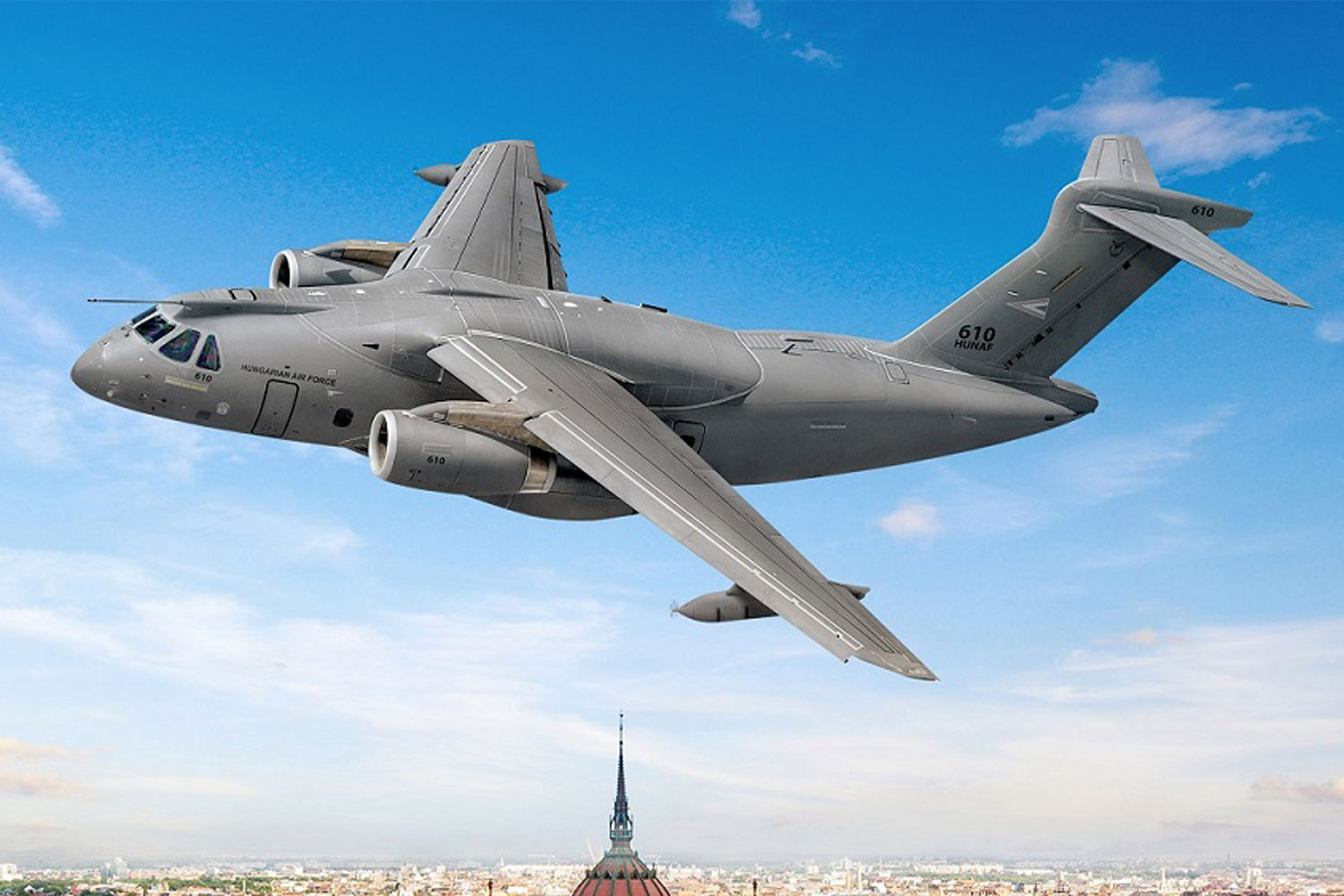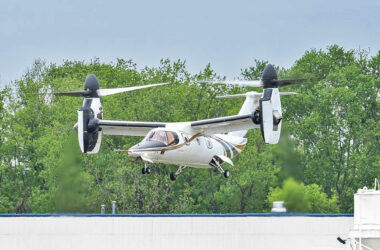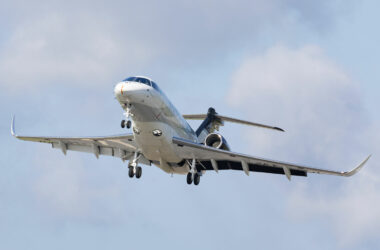The Denali, Beechcraft’s single-engine turboprop, completed the first run of the Catalyst engine on the ground this week, Textron Aviation reported.
The test took place at the company’s Wichita, Kansas, facility on Thursday, when engine and fuel system functionality were evaluated.
Textron also tested the electrical and avionics systems of the first prototype of the recently completed aircraft. The company’s forecast is that Denali will make its inaugural flight at the end of the year, which means an advance in the schedule.
“These successful engine runs are a significant step toward the upcoming inaugural flight for the Beechcraft Denali, and they are a testament to the determination and collaboration from both the Textron Aviation and GE Aviation teams,” said Chris Hearne, senior vice president, Engineering.
Denali uses the new Catalyst turboprop engine, developed by GE Aviation. It was precisely he who caused the delay in the program after problems during its development.
With 1,300 SHP of power, the engine is more economical than older models and is equipped with the FADEC (Full Authority Digital Engine Controlled) system that monitors operating conditions in real time.

The aircraft uses Garmin’s G3000 avionics suite, which includes a 10-inch weather radar, Terrain Awareness Warning System (TAWS-B), and dual transponders with automatic dependent surveillance-broadcast (ADS-B) capabilities.
The G3000 also features an autothrottle equipment which interfaces with the Automatic Flight Control System (AFCS) and Flight Management System (FMS).
Originally, the Denali would be a Cessna-owned aircraft, but Textron decided to pair it with Beechcraft as part of the executive product lineup that includes the legendary King Air.
Denali will be a direct competitor to the Pilatus PC-12, one of the most successful single-engine executives on the market.
Textron also has two other Denali in the works as well as three units that will be used for static ground testing. The plane is expected to be certified in 2023.






